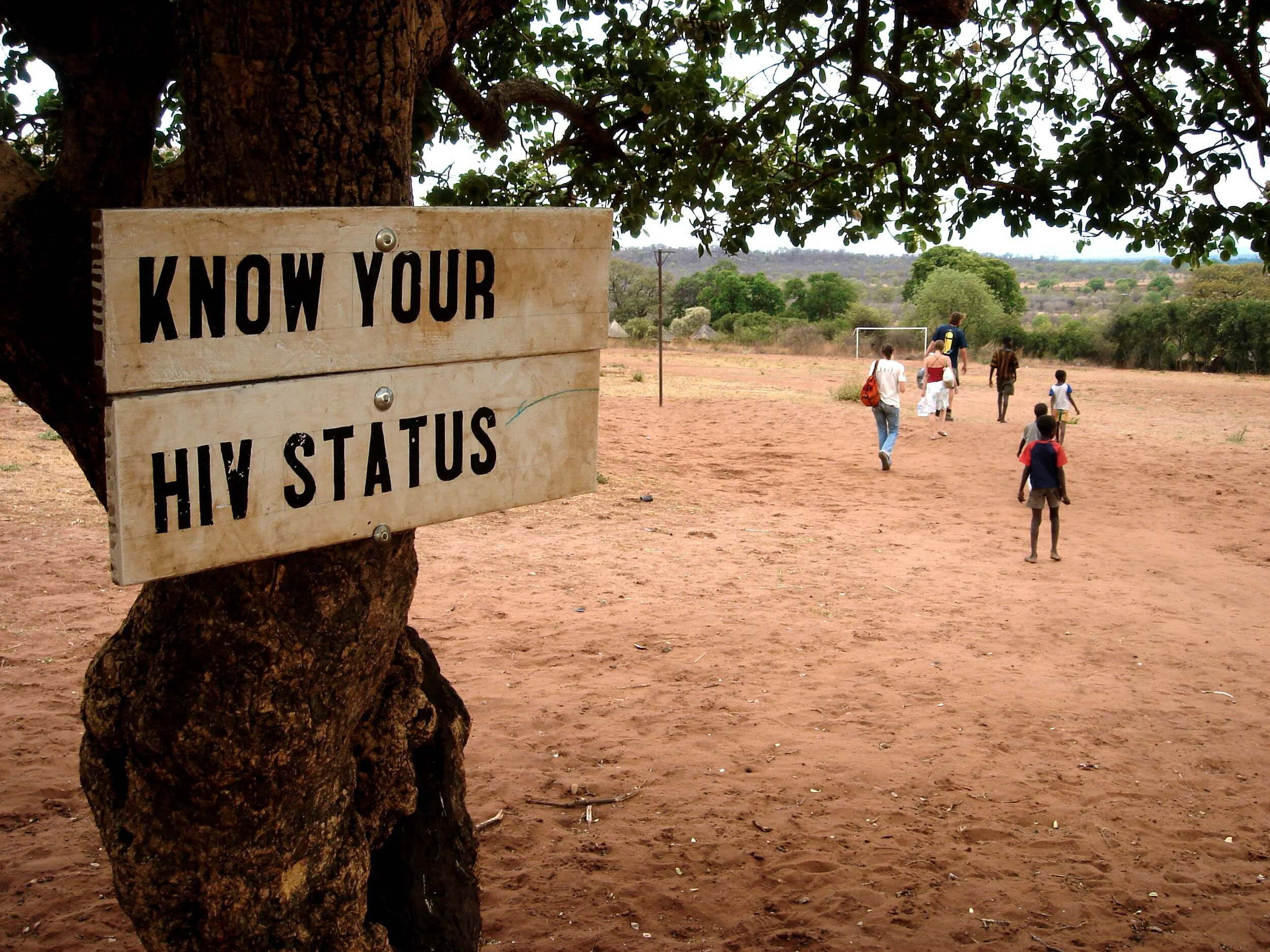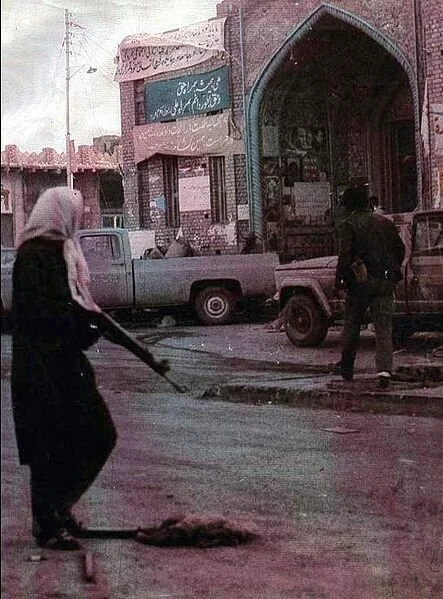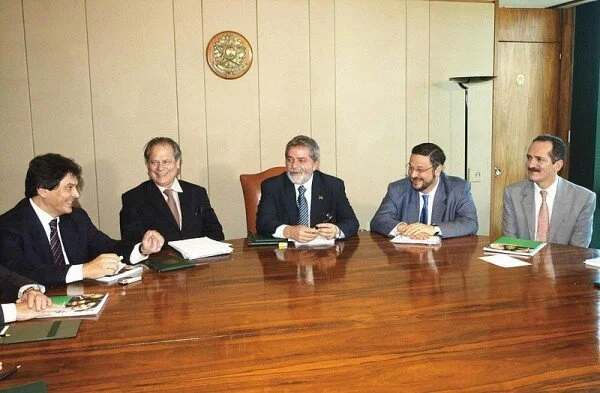An Interview with Brigadier General (ret.) Thomas Kolditz on his career, international relations policies, and security and development.
Read MoreAn interview with Henry Rousso on his research, the European Network for Contemporary History, the Commission on Racism and Holocaust Deniers, and the ICC.
Read MoreAn interview with Emma Sky
Sky discusses her experience as a British diplomat and as an advisor to the U.S. military, the Arab Spring, and instability in the Middle East.
Read MoreBy Nicoli Nattrass
U.S. commitment to fight- ing AIDS in Africa has traditionally been, and still is, buoyed by bi-partisan support. This support has remained strong post-2007. Even so, the view is widespread that African country governments ought to take greater ownership of combating the problem and reducing aid dependency in managing it.
Read MoreBy Stephen S. Roach
The United States needs to wean itself from excess consumption and subpar saving, while China needs to do the opposite—greater emphasis on private consumption and the absorption of surplus saving. These transformations are daunting but provide major opportunities for both nations.
Read MoreBy John-Michael Arnold
The phenomenon of strategic surprise—a category of unexpected events so consequential that they call into question the premises of existing strategy—has posed a recurring challenge to U.S. foreign policy. Although there is a voluminous literature on the subject, most scholars have focused on surprises unleashed as a deliberate strategy of states in their effort to seize the advantage against adversaries.
Read MoreAn Interview with Economics Journalist Paul Solman on the US economy, income inequality and wealth inequality, and predicting major international political or economic decisions.
Read MoreBy Jonathan Papoulidis
Fragile states constitute a global development crisis. Government capacity and public institutions in these states are weak and international aid approaches are often fragmented and piecemeal.
Read MoreBy Rob Cuthbert
The licensing system is not only a formidable check on a free press in Burma, it is another example of Burmese interiors and exteriors contradicting each other. As Burma gives journalists more freedom, the license requirement ensures that the Burmese Government retains ultimate control over the press.
Read MoreBy Salma Mousa
With the specter of post-Spring Islamist rule looming, Christians in Syria were forced to choose between secular autocracy and sectarian democracy, a decision informed by the perception – and lived reality – that the status quo under al-Assad, though democratically deficient, put a (temporary) lid on civil hostilities and afforded Christian minorities with extensive secular protections and, in many cases, prosperity.
Read MoreAn Interview with Syrian writer, journalist, activist Samar Yazbek on the growing influence of jihadists in Syria.
Read MoreBy Kailash Prasad
A settlement on Iran's nuclear program seems more possible now, but a rigid US stance toward Tehran could be biggest obstacle.
Read MoreBy Lucas Bento
Though it seemed that women in countries that played key roles in the Arab Awakening were destined for full emancipation, a number of developments are now undermining prospects for gender equality. But the foundations for change exist, and with the timely implementation of policies and ground-level programs focusing on economic empowerment, education and equality, the rights of women can be significantly improved.
Read MoreBy Michael V. Palinkas
Following the end of the Cold War, the defense budget in the United States began to shrink. In response, domestic arms manufacturers in the U.S. increased their focus on political lobbying. This lobbying worked to gain favorable subsidies for research and development, improve access to foreign markets, and open lucrative secondary markets.
Read MoreBy Rosa Belkadi
An increasing number of religious political parties are gaining power in the Arab world as a result of the social, political, and electoral opportunities created by the “Arab Spring.” Will democracy, which was once seen as the ultimate solution to all trouble in the Middle East and North Africa, bring about the undesirable result of theocratic rule, undermining the very democracy the Arab Spring sought to create?
Read MoreBy Lucas Bento
Lawyer Lucas Bento on Brazil's Trial of the Century: "Jose Dirceu, Chief of Staff to former Brazilian President Lula Inacio da Silva, is accused, along with another thirty-six top former government officials, lawmakers, and business executives of organizing a major vote-rigging scheme...the Mensalão" in light of Brazil's constant corruption struggle.”
Read MoreBy Dr. Inna Mattei and Gilles Van Nederveen
With the passing of the 30th anniversary of the Falklands War between the United Kingdom and Argentina this year, and the recent flaring up of tensions between the two nations over the status of the Falkland Islands, an examination of the current force structure in the South Pacific is needed to realistically assess military contingencies.
Read MoreBy Michele Acuto
International theorists and commentators nowadays are quite accustomed to, as Charles Tilly put it in a landmark text for political science, “big structures, large processes, huge comparisons.”1 Yet attention to the inherent complexity of these large phenomena is often lacking in this “big picture” mentality.
Read MoreBy Michael Morrison
As the Chinese Communist Party prepares for a major leadership transition, China’s foreign policy think tanks are poised to contribute to the conceptualization and propagation of major foreign policy initiatives. This article examines the degree to which Party and State leaders look to think tanks for analysis, and how think tanks can be used as a window into Chinese decision-making.
Read More



















